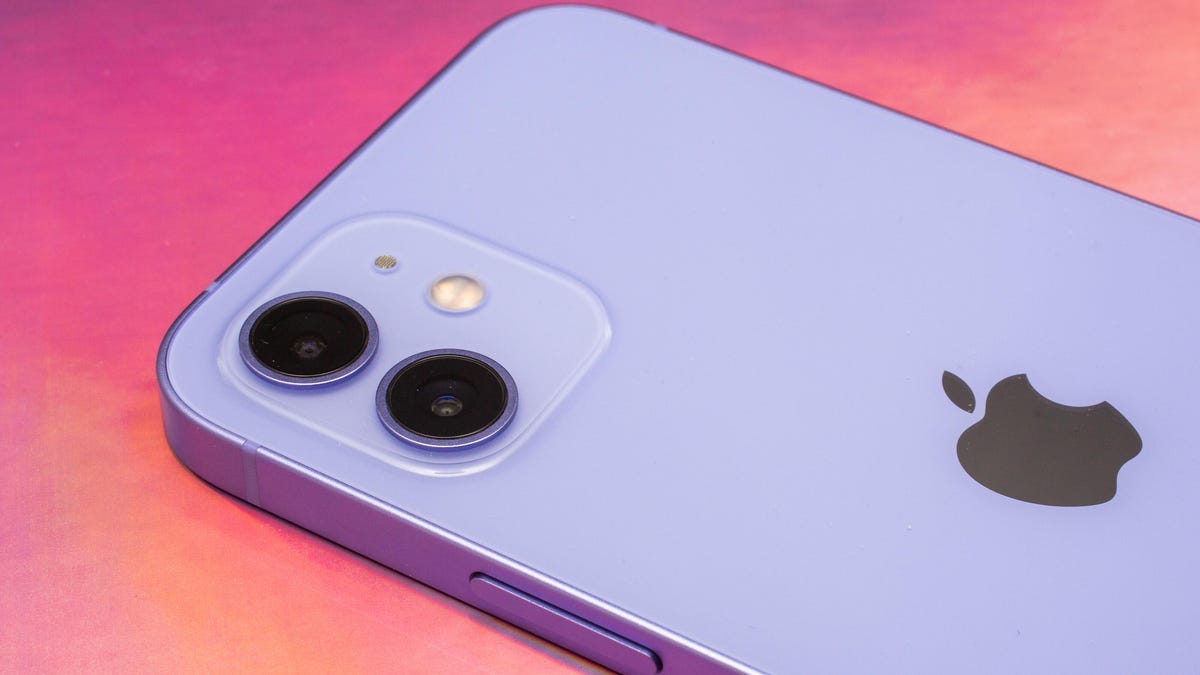Apple warns of more component shortages ahead of iPhone 13's fall launch
There are few guarantees in life: death, taxes and new iPhones for the holidays. But when and how many?

The coronavirus is still upending lives and businesses around the world.
The COVID-19 pandemic is once again upending life in the US, with the Centers for Disease Control reinstituting social masking recommendations in some parts of the country even among fully vaccinated Americans. Meanwhile, demand for tech products continues to be strong, thanks in part to people still learning and working from home. Mix all that with a global years-long chip shortage, and you have the recipe for Apple to repeat its iPhone delay from last year.
On Tuesday, Apple executives avoided repeating last year's statement that the iPhone would be delayed "a few weeks" from its typical September launch. Instead, they discussed their efforts to mitigate the component shortage's impact.
"The majority of constraints we're seeing are of the variety that I think others are seeing," Apple CEO Tim Cook said while on a conference call with analysts after reporting significant double-digit jumps in sales of iPhones, iPads and Mac computers. He added that Apple is likely less affected than some other companies because it's using more cutting-edge chip designs. But, he said, "we do have some shortages."
An Apple spokesman declined to comment further.
Read more: Apple iPhone sales jump 50% despite chip shortage ahead of fall iPhone 13 launch
There's good reason to believe that Apple's silence means the company's all-important typical fall iPhone launch will follow the usual pattern of a September announcement. Apple has taken a careful approach to the coronavirus since the beginning, warning investors about COVID-19 impacts on business in February last year, more than a month before the World Health Organization declared the pandemic. Apple has also aggressively closed and opened stores as outbreaks have spread through communities around the world.
Even though Apple's silence may indicate that the next iPhone will land on time this year, it's unlikely to happen during an in-person event. The delta variant of the coronavirus, which has upended lives and economies around the world, has been accelerating its spread, raising questions about when countries and businesses will return to some sense of what's normal.
Even Apple has already told employees it's delaying return-to-office plans, until October at the earliest, mirroring moves from 2020 when companies began shifting schedules in response to worsening conditions.
When it comes to the impact those factors can have on Apple's business, CFO Luca Maestri said supply shortages that hit the iPad and Mac computers earlier this year could get worse.
The component shortages also appear to have forced companies to spend more on shipping, in efforts to get products to customers as fast as possible. Cook noted that though component costs broadly have dropped, Apple is "paying more for freight than I'd like to pay."
Still, Cook declined to predict broader trends about what this all means. "We're going to take it sort of one quarter at a time, and as you would guess, we'll do everything we can to mitigate whatever set of circumstances we're dealt."

